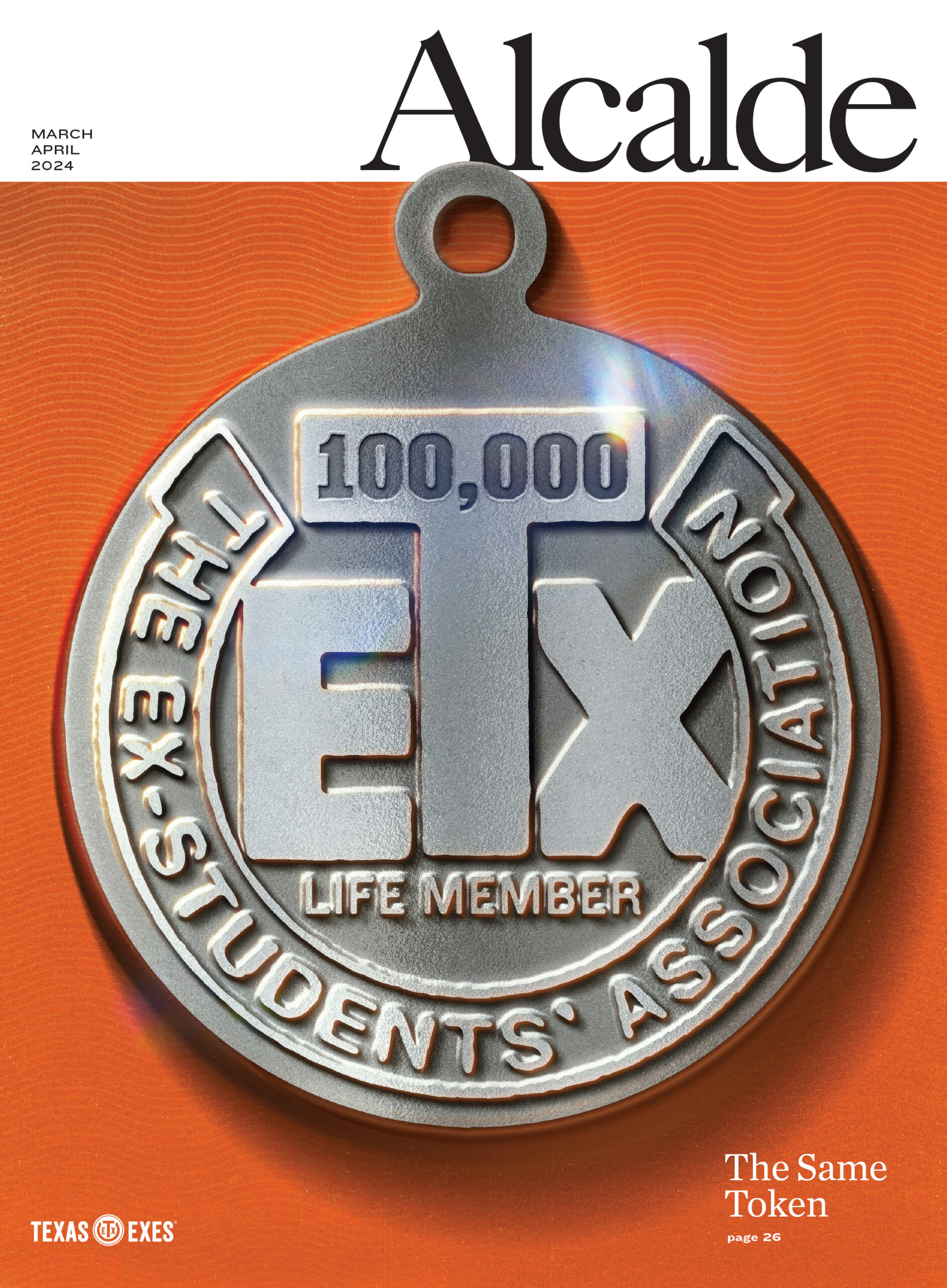Football and Fundraising: The Higher Ed Week in Review
We start our review close to home this week, with UT-Austin administrators at odds with the UT System over the Board of Regents’ continued records requests.
The Austin American-Statesman‘s Ralph Haurwitz reports on the connection between the requests and the ongoing investigation of Regent Wallace Hall:
Kevin Hegarty, UT-Austin’s vice president and chief financial officer, who is also the school’s custodian of records, said in an email to Dan Sharphorn, the UT System’s interim vice chancellor and general counsel, that he had no choice but to impose a moratorium on supplying open-records files sought by Regent Wallace Hall Jr.
Hegarty cited an investigation of Hall by the state House Select Committee on Transparency in State Agency Operations, which will decide whether to recommend his impeachment.
The panel has requested that all documents related to Hall be preserved.
The committee is currently looking for an attorney to sort through the case and will continue its work throughout the legislative interim. The next regular session of the legislature will begin in January 2015.
Another topic high on the minds of higher education watchers—especially Longhorns—is diversity in admissions. In the wake of the Fisher v. UT decision, a new study from Georgetown University finds that not only are minority students underrepresented at the most selective colleges, but that their share of the freshman class has actually decreased in recent years. Doug Lederman wrote about the study in Inside Higher Ed:
The report’s assertion that African-American and Latino youth—especially those from low-income backgrounds—are underrepresented at the nation’s 468 most selective four-year colleges and overrepresented at the 3,250 open-access two- and four-year institutions will probably surprise few; that’s a circumstance of long standing.
But it surprised even the lead researcher, Anthony Carnevale, a grizzled expert on educational access and equity, to find that the situation steadily worsened from 1994 to 2009—even, importantly, when comparing minority and white students with similar academic and socioeconomic backgrounds.
Students who do attend college face better prospects when it comes to paying off those students loans this week, with Congress’ approval of a deal that kept student loan interest rates from doubling. President Obama signed the measure Friday, Josh Lederman and Philip Eliot report:
Friday’s ceremony capped a frenzy of negotiations that led to a rare bipartisan compromise to lower rates before classes resume. About 11 million students this year are expected to have lower interest rates, saving the average undergraduate $1,500 on interest charges on this year’s loans.
The legislation links student loan interest rates to the financial markets. It offers lower rates this fall because the government can borrow money cheaply at this time. If the economy improves in the coming years as expected, it will become more costly for the government to borrow money, and that cost would be passed on to students.
In Times Higher Education, Christopher Bigsby discusses the American obsession with sports, specifically football—and specifically college football:
The ambition of high school football players is to make it on to a university team, where playing football can sometimes seem more important than gaining a degree. When teaching at an American university, whose president announced that “a university is judged by its football team,” I had a call from a football coach asking me to pass a student on the team who was absent even when he was present.
One final piece this week is of special interest to Texas Exes. After the news of UT’s record-breaking fundraising year, Alcalde editor-in-chief Tim Taliaferro wrote an open letter describing his first-ever donation to the University. It’s worth the read.
Yesterday, for the first time ever, I donated money to The University of Texas.
The occasion was an email I received from President Bill Powers announcing a record-breaking fundraising haul.
…
What I came to realize when I saw that email from Powers is that there’s another way to react to the news that UT has brought in a record amount of money—I should give too! I know a few people who went to Ivy League schools, and I’ve never once heard any of them say, “You know, Harvard has enough money, I won’t give back to it.”


















No comments
Be the first one to leave a comment.